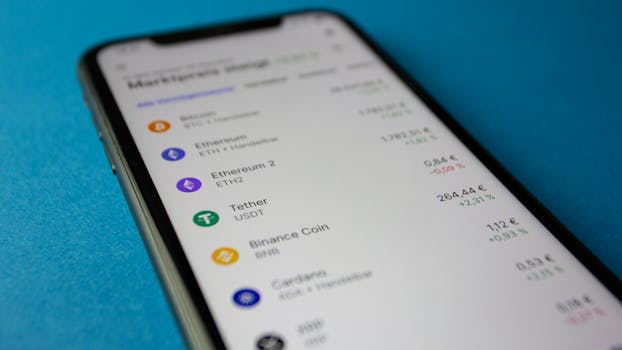
Navigating the Future: Emerging Trends in Fintech Technology
Fintech, short for financial technology, refers to the use of technology to improve and automate financial services. The fintech industry has experienced rapid growth in recent years, with new trends and technologies emerging every day. Fintech is revolutionizing the way we manage our finances, make payments, and invest in the stock market. In this article, we will explore the latest developments in fintech and how they are shaping the future of finance.
Section 1: Introduction to Fintech

The term fintech was first coined in the 1990s, but it wasn’t until the 2000s that the industry started to gain momentum. The rise of mobile devices, cloud computing, and big data analytics has enabled the development of new financial technologies that are more efficient, secure, and accessible. Today, fintech companies are using artificial intelligence, blockchain, and the Internet of Things (IoT) to create innovative financial products and services.
Section 2: Emerging Trends in Fintech

There are several emerging trends in fintech that are worth watching. Some of the most notable trends include:
- Mobile payments: Mobile payments are becoming increasingly popular, with many consumers using their smartphones to make payments in stores, online, and in-app.
- Blockchain: Blockchain technology is being used to create secure and transparent financial systems, including cryptocurrencies and smart contracts.
- Artificial intelligence: Artificial intelligence is being used to improve customer service, detect fraud, and provide personalized financial recommendations.
- Robo-advisors: Robo-advisors are automated investment platforms that use algorithms to provide investment advice and manage portfolios.
Section 3: The Future of Fintech

The future of fintech is exciting and uncertain. As technology continues to evolve, we can expect to see new innovations and disruptions in the financial industry. Some potential developments that may shape the future of fintech include:
- Increased use of blockchain: Blockchain technology has the potential to revolutionize the way we think about financial transactions and data storage.
- More emphasis on cybersecurity: As fintech companies collect and store more sensitive data, cybersecurity will become an increasingly important concern.
- Greater adoption of artificial intelligence: Artificial intelligence has the potential to improve efficiency, reduce costs, and enhance customer experience in the financial industry.
Section 4: Challenges and Opportunities in Fintech

While the fintech industry offers many opportunities for innovation and growth, it also presents several challenges. Some of the most significant challenges facing fintech companies include:
- Regulatory uncertainty: The regulatory environment for fintech is still evolving, and companies must navigate complex and often conflicting regulations.
- Competition from traditional financial institutions: Traditional financial institutions, such as banks and credit unions, are beginning to invest in fintech and may pose a competitive threat to fintech companies.
- Cybersecurity risks: Fintech companies are vulnerable to cybersecurity risks, including data breaches and hacking.






